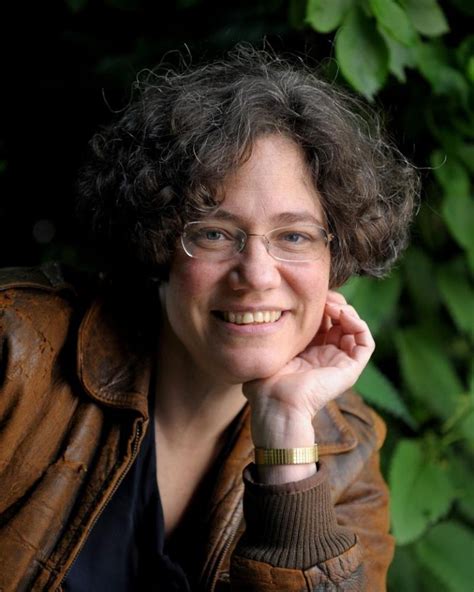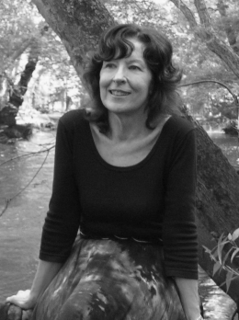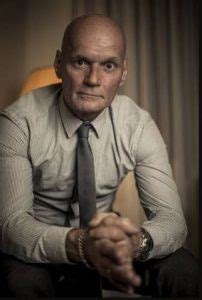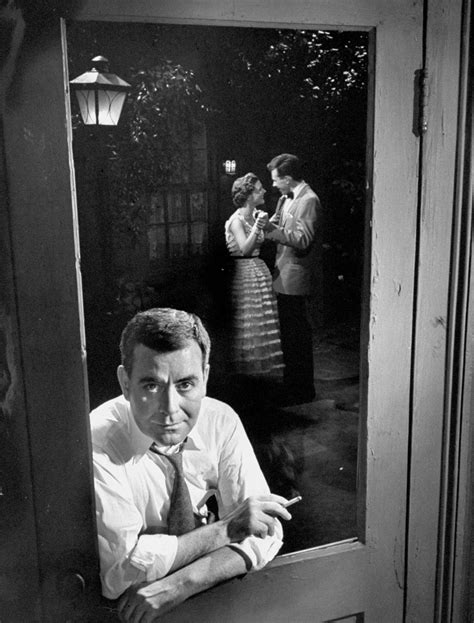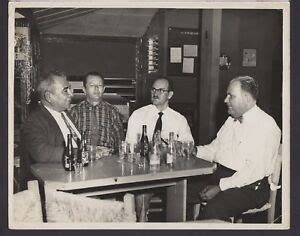A Quote by Elizabeth Wein
I tend not to attempt to describe pain. I don't feel I can comprehend or re-create the personal suffering of others, so I simply try to tell what happened, or what I imagine happened. I also think it helps to let the reader fill in a lot of the blanks. Melodrama is patronizing. With a straightforward statement, readers can figure out for themselves what's going on.
Related Quotes
I feel that historical novelists owe it to our readers to try to be as historically accurate as we can with the known facts. Obviously, we have to fill in the blanks. And then in the final analysis, we're drawing upon our own imaginations. But I think that readers need to be able to trust an author.
...we're told by TV and Reader's Digest that a crisis will trigger massive personal change--and that those big changes will make the pain worthwhile. But from what he could see, big change almost never happens. People simply feel lost. They have no idea what to say or do or feel or think. they become messes and tend to remain messes.
I always try to write about something that's actually happened or it doesn't always have to have happened to me, but it has to have happened at some point. So every single lyric that you hear comes from some kind of story that I've come across in my life. I like to think that that maybe helps me mean it a bit more and if you don't mean it, it ceases to be soul music.
I always say that my artist statement is to not be afraid to talk about the messiness - the unpleasant feelings and happenings around my life. I also try to convey what it feels like and sounds like and smells like and looks like inside of my particular skin, to move through the world as a black American woman in her mid-twenties. Language from songs and TV shows feel integral because it helps to create the environment and describe the full picture.
